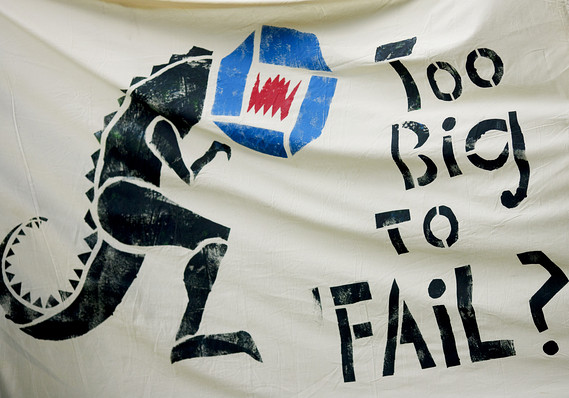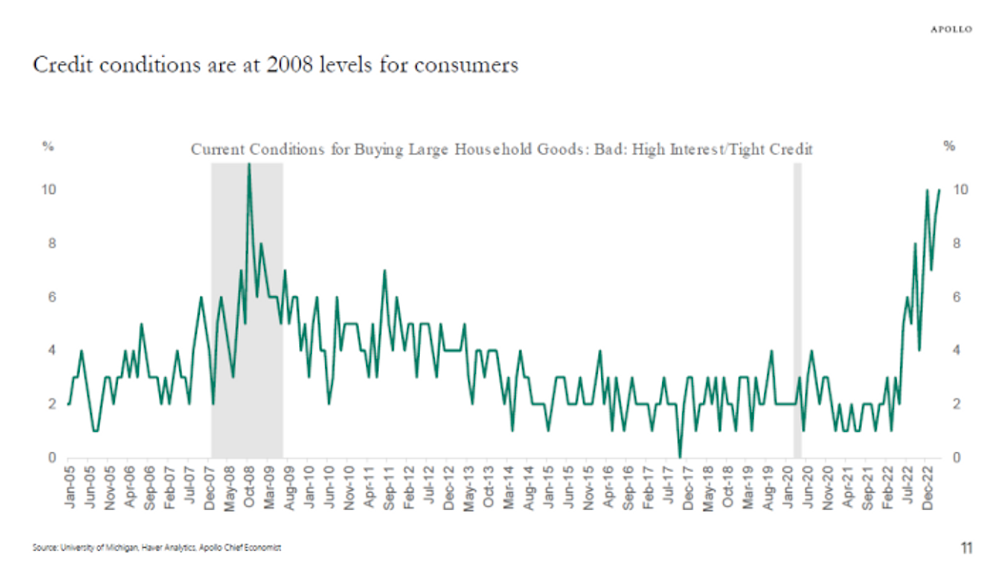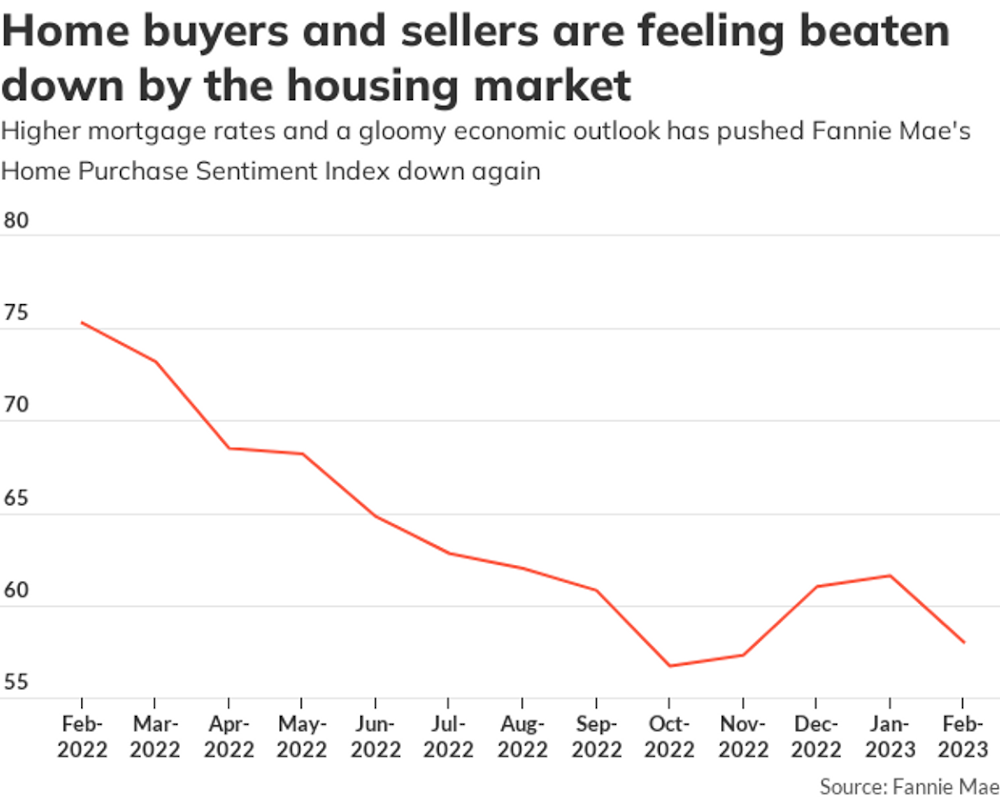Euro-zone crisis has caused "tremendous flight to safety," Fed St. Louis
president Bullard says
Says current Fed policy offers the "right trade-off" between meeting
economic forecasts and policy side effects
Says BOJ's quantitative easing policy will help achieve its 1% inflation
target
TOKYO
The president of the Federal Reserve Bank of St. Louis, James
Bullard, said Thursday that European policy makers must offer "vision and rapid
action" to prevent the crisis in Europe from turning into "a major meltdown for
the world economy."
"It's a grave situation indeed," Bullard told reporters in Tokyo after
attending a conference hosted by the Bank of Japan, as deepening worries about
the financial woes in Europe rocked Asia's financial markets Thursday
The European situation "is driving U.S. and Japanese equity markets down," he
said "It has also caused a tremendous flight to safety, which has sent
government bond yields here (in Japan) and the U.S. and in Germany to record
lows."
Bullard said that a "financial meldown" in the euro zone would have a
"significant impact" on the rest of the world, including the U.S. and Asia, and
pointed to a slowdown in Chinese exports as evidence that the impact of the
crisis is already being felt
"I have been a little bit concerned about the slowdown in Asia, and weaker
data coming out of China," he said
Bullard said that policy makers in troubled European nations must present a
plan to take control of their fiscal problems, adding that the European Central
Bank can only provide temporary relief through its monetary policy of injecting
liquidity
"No amount of money printing or extra borrowing by others in the European
Union is going to fix this problem. The only thing that will fix this problem is
the actual governments facing up to their own situations."
On the U.S., Bullard said he was comfortable with the current state of the
Federal Reserve's monetary policy, noting that U.S. economy is on its way to
meeting the bank's forecasts for growth and employment: 3% growth for 2012 and a
jobless rate of 6.8% by the year-end
He did say, however, that the Fed would return to quantitative easing even at
the risk of bloating its balance sheet if the outlook changes significantly
"I do think our most potent weapon as a committee is to do further
quantitative easing
But if we take such action, we'd be taking more risk with
our balance sheet
I think right now we've got the right trade-off."
Quantitative easing, he said, is also an effective step for the Bank of Japan
to fight persistent deflation in Japan. His view, he said, is based on the Fed's
success in beating deflation and generating inflation expectations in the U.S.
with its own unconventional policy steps implemented between November 2010 and
mid-2011
"I think a quantitative easing policy in Japan will allow the Bank of Japan
to achieve the 1% goal that they have set for themselves. This will take the
Japanese out of the deflationary situation they have been in for some time," the
Fed governor said
Welcome
stock market phases theorem.
Chief Artificial Intelligence.
Academic training in Fundamental Mathematics.
IA basada en Razonamiento Humano
Billie, Founder with academic training in Fundamental Mathematics and professional experience in Large Multinationals in the Information Technology sector, having held positions in high-level management positions, maintains that it is time to reduce Unproductive Public Expenditure and help the Private Sector in everything that is possible.
Cortesía de Investing.com
Cortesía de Investing.com
Agenda Macro
Calendario económico en tiempo real proporcionado por Investing.com España.




















No hay comentarios:
Publicar un comentario